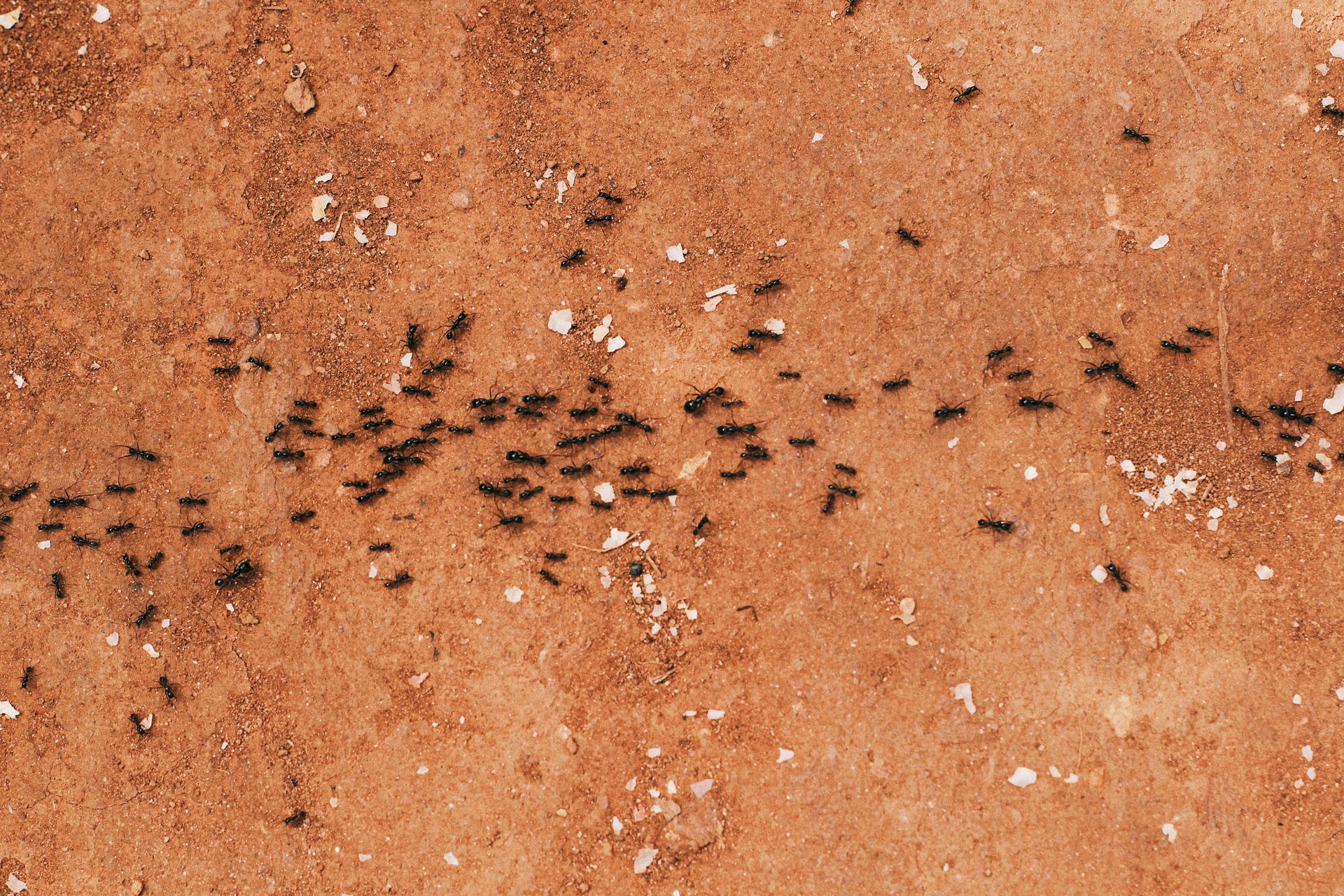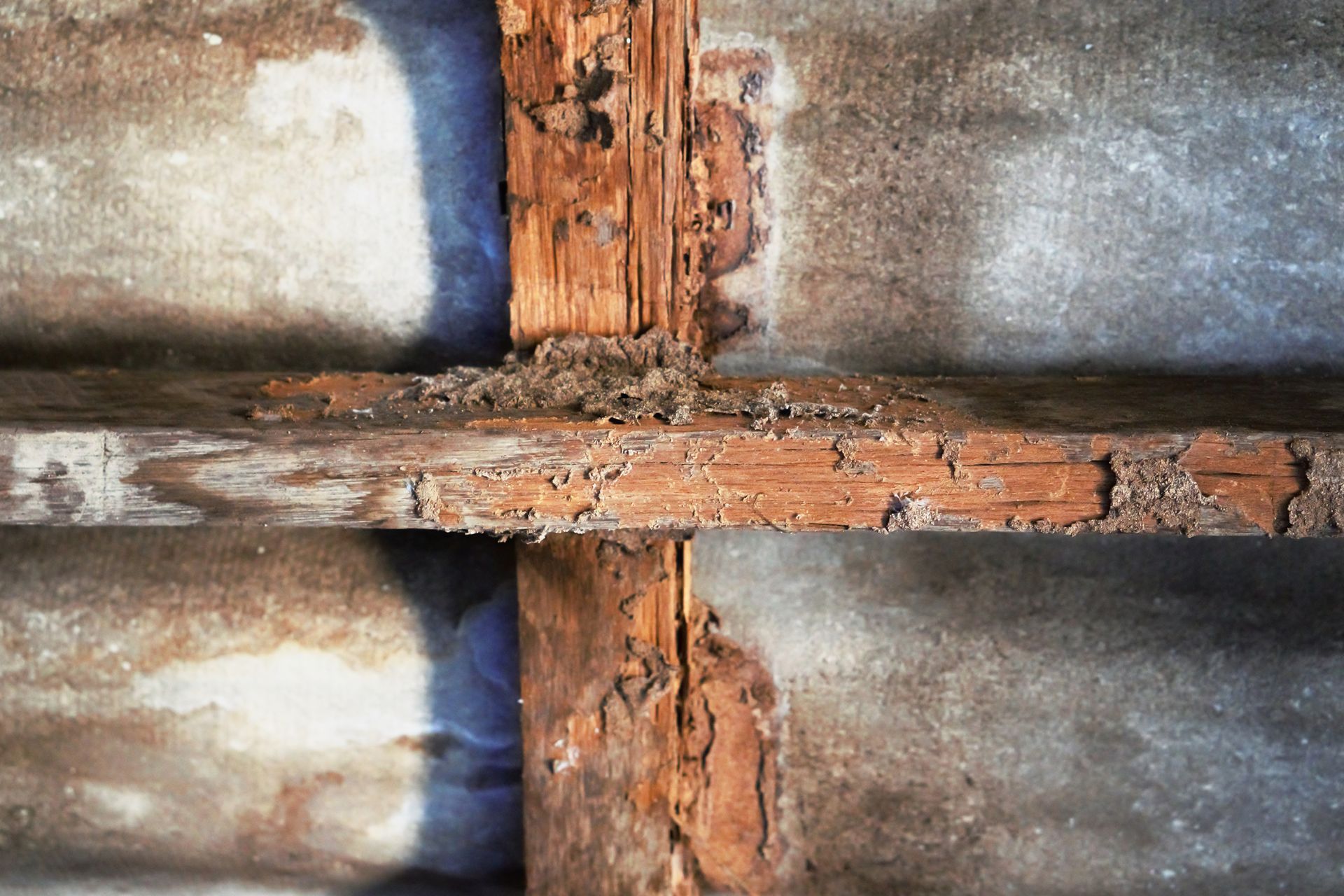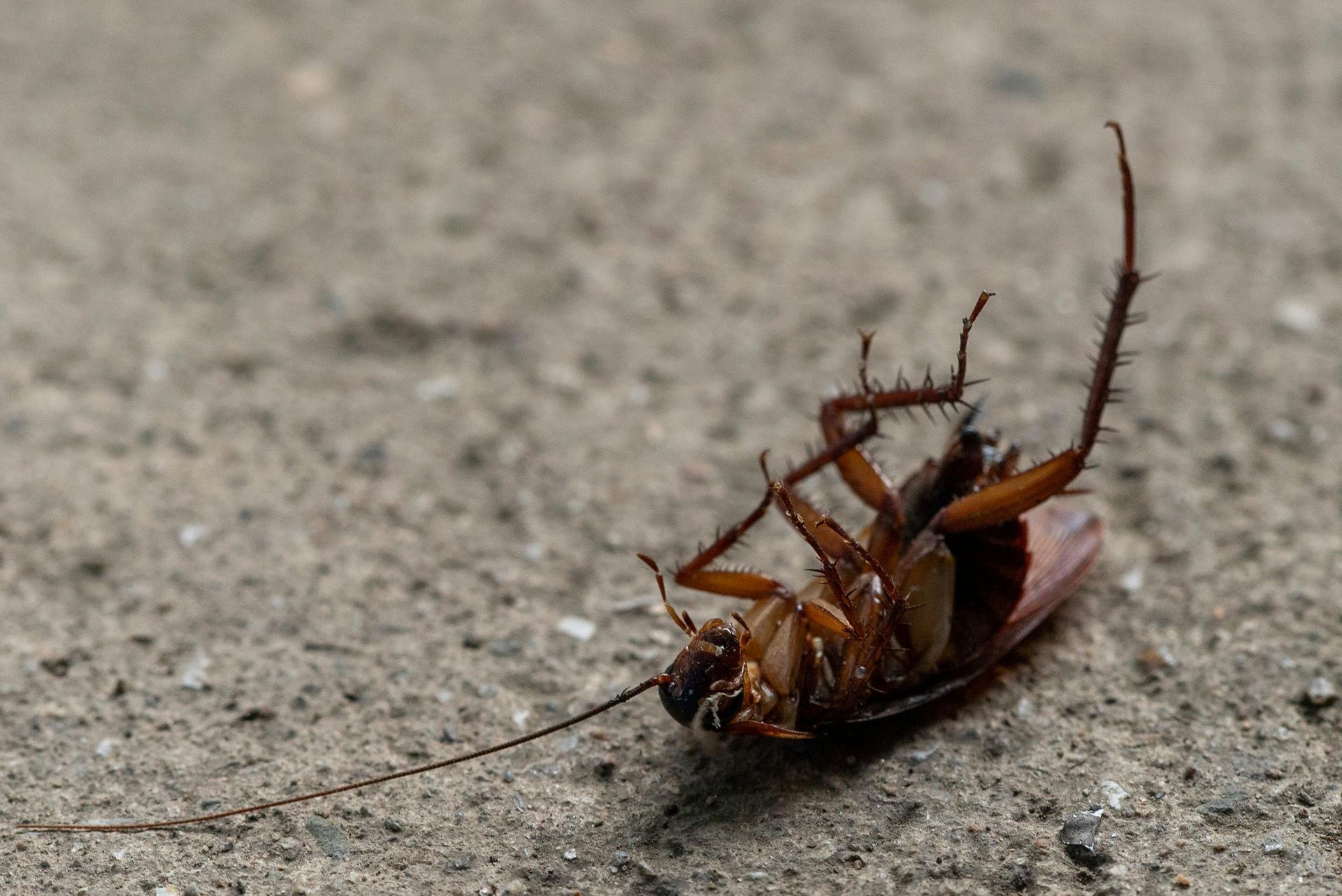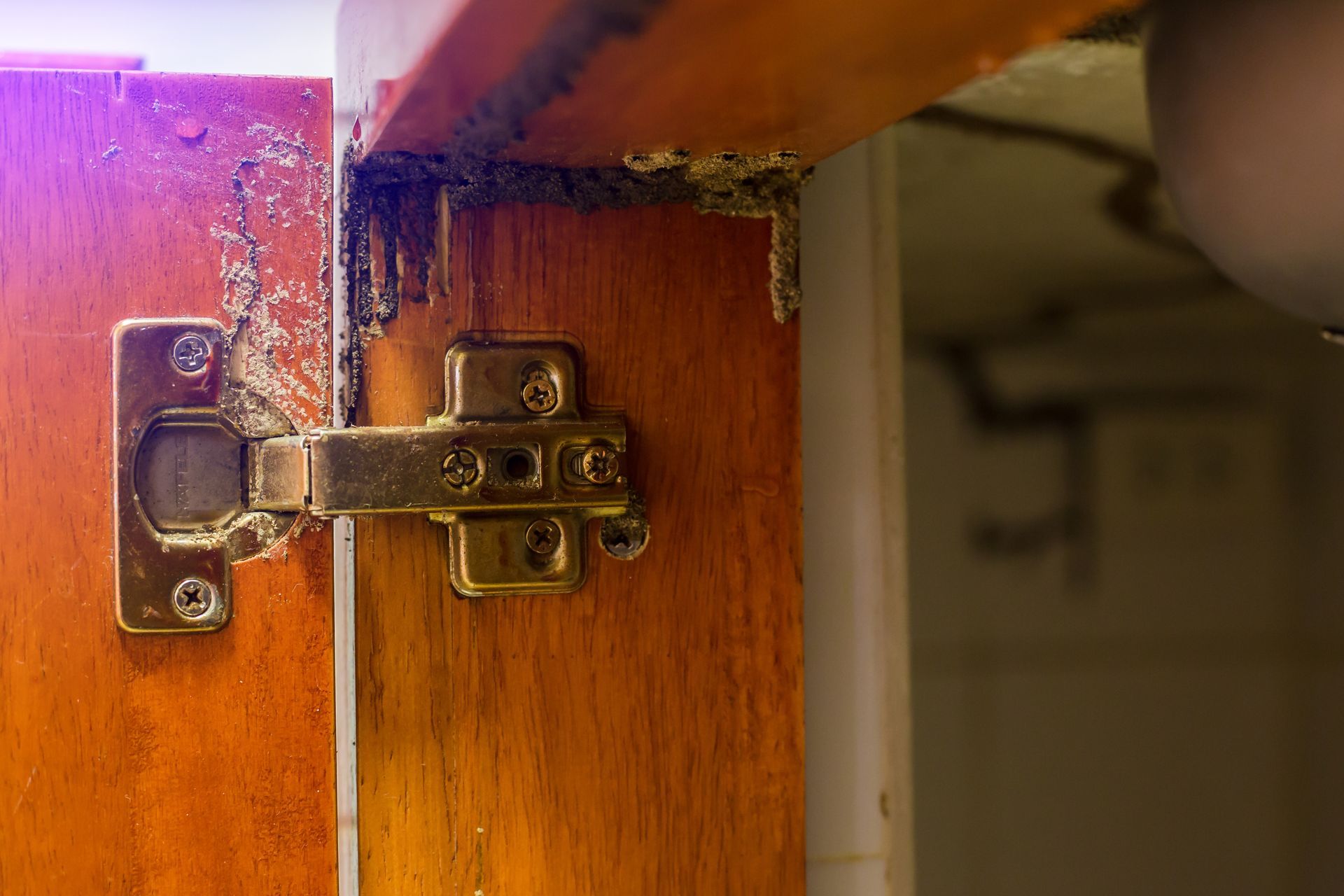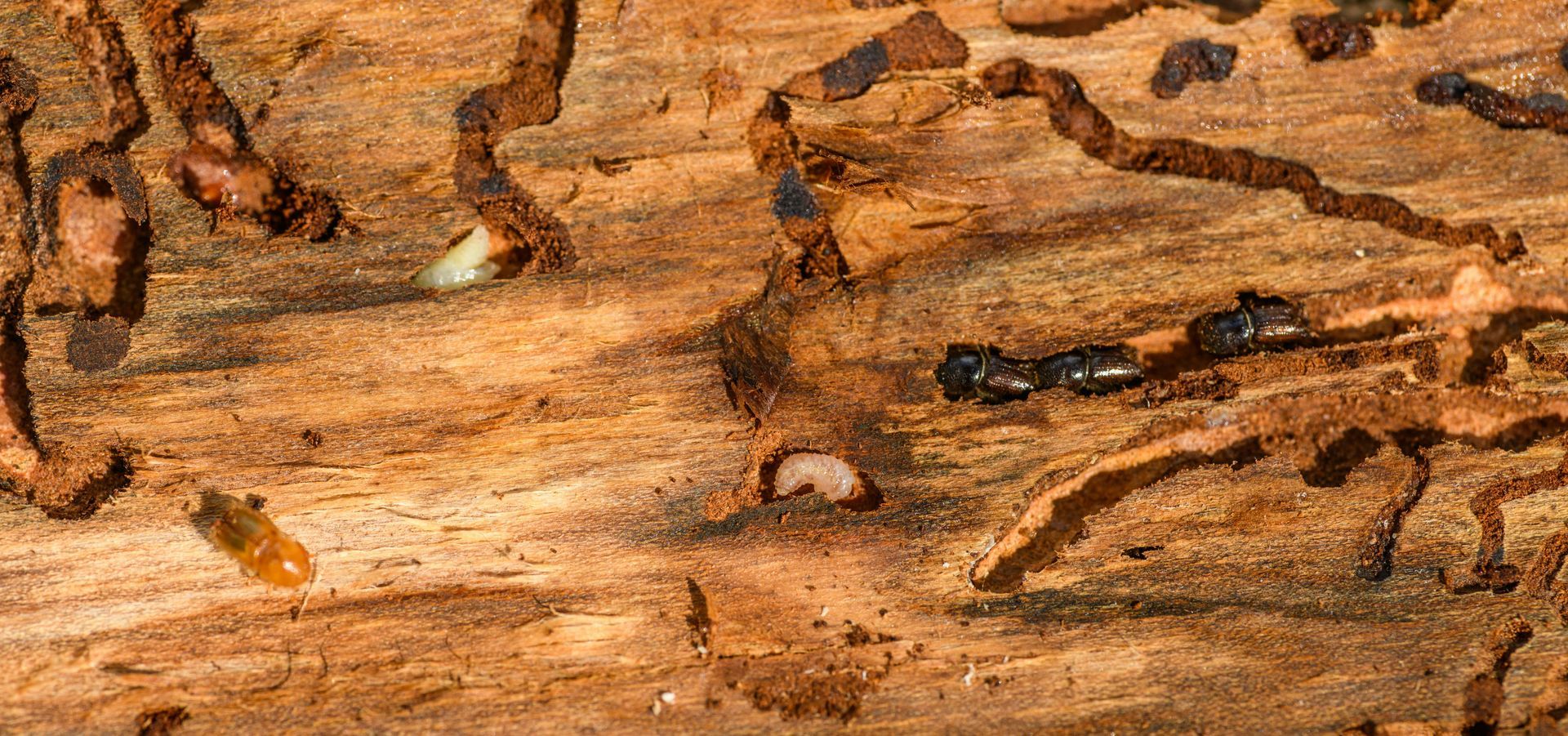Keene Pest Control
How to Remove Carpenter Ants from Your Home with Expert Pest Control
Carpenter ants may not be as famous as termites, but if they’ve set up shop in your home, you’ll definitely know about it. These insects are masters at making tunnels through wood, and while they don’t eat it, they can still cause significant structural damage if left unchecked. If you’ve ever heard a faint rustling inside your walls, or found piles of sawdust-like material near your baseboards, carpenter ants might be the culprits.
This guide will walk you through everything you need to know about carpenter ants, how to spot them, and what the best options are for carpenter ants treatment. If you’ve been searching for
carpenter ants pest control New Hampshire, you’re in the right place. Let’s break down how you can protect your home and regain your peace of mind.
Understanding Carpenter Ants and Why They Love Your Home
Carpenter ants are one of the largest ant species in the United States, and their name comes from their habit of excavating wood to build their nests. Unlike termites, they don’t eat wood, but the tunnels they create can still weaken the structure of your home.
Some key facts about carpenter ants:
- Size and appearance: Carpenter ants are typically black or dark brown and can range from ¼ to ½ inch long. Their large size often makes them easier to spot than other household ants.
- Nesting habits: They love damp, decaying, or water-damaged wood. Basements, crawl spaces, or areas near leaky pipes are prime real estate for them.
- Diet: While they don’t eat wood, they’re attracted to sugary foods, proteins, and other household crumbs. Basically, your kitchen is their buffet.
Why should you care? Because left untreated, carpenter ants can compromise the integrity of your walls, beams, and even furniture. Think of it like having an unwanted remodeling crew that works at night and never charges you, but leaves a mess behind.
How to Spot the Signs of Carpenter Ant Infestations
The tricky part about carpenter ants is that they often remain hidden inside walls and woodwork, making it easy for infestations to grow unnoticed. However, there are some telltale signs you should look out for.
- Frass (wood shavings): Carpenter ants push out debris that looks like sawdust from their tunnels. You might notice little piles near windowsills, baseboards, or under wooden beams.
- Rustling sounds: If you put your ear to a wall and hear faint crackling or rustling noises, it could be ants chewing their way through wood.
- Winged ants: During mating season, you might spot winged carpenter ants leaving the nest. This is a big red flag that a colony is active inside your home.
- Trails of ants: You may notice ants marching along baseboards, kitchen counters, or near water sources. Carpenter ants are foragers and often venture out in search of food.
If you notice one or more of these signs, it’s time to take action. The longer you wait, the harder carpenter ants treatment becomes.
Professional Carpenter Ants Pest Control in New Hampshire
When it comes to carpenter ants, professional pest control is more than just spraying chemicals. At Keene Pest Control, we use a combination of inspection, targeted treatment, and prevention strategies to completely eliminate colonies and keep them from coming back.
What makes professional carpenter ants treatment so effective?
- Thorough inspection: Professionals know exactly where to look, from wall voids to moisture-prone areas.
- Targeted solutions: Instead of generic sprays, we use proven treatments that reach deep into nests and eliminate the entire colony.
- Prevention focus: We don’t just remove carpenter ants. We also provide recommendations and solutions to make sure they don’t return.
- Safe practices: Our treatments are effective on pests but safe for your family and pets.
Working with experts saves you the frustration of ongoing infestations, and it protects your home’s structural integrity in the long run.
How to Prevent Carpenter Ants from Returning
Once you’ve dealt with an infestation, the last thing you want is a repeat performance. Prevention is key when it comes to keeping carpenter ants out of your home.
Here are some practical steps:
- Fix leaks and moisture problems: Carpenter ants love damp wood. Repair leaky pipes, roofs, or basements right away.
- Seal entry points: Use caulk to seal cracks around windows, doors, and utility lines.
- Trim trees and shrubs: Branches touching your home act like highways for ants to get inside.
- Store firewood properly: Keep firewood away from your home’s foundation and never store damp wood indoors.
- Maintain cleanliness: Regularly clean crumbs, spills, and food residue that attract ants.
Think of prevention like home insurance. A little effort now can save you from costly repairs down the road.
Call Keene Pest Control for Carpenter Ants Pest Control in New Hampshire
Expert Pest Control for Lasting Protection
If you’ve spotted signs of carpenter ants in your home, now is the time to act. At Keene Pest Control, we specialize in professional carpenter ants pest control New Hampshire, helping homeowners in Keene, Walpole, and surrounding areas protect their property. Our team has the tools, training, and experience to not only remove carpenter ants but to keep them from coming back.
We also offer a full range of pest control solutions, including
bed bug treatments,
termite control, and
commercial pest control. Call us today at
(603) 352-7336 to schedule your consultation and let us help you keep your home safe, pest-free, and comfortable year-round.
FAQs
How do I know if I have carpenter ants or termites?
Carpenter ants are larger and have bent antennae, while termites have straight antennae and uniform wings. Carpenter ants don’t eat wood, but they tunnel through it.
Can carpenter ants cause as much damage as termites?
While termites are more destructive, carpenter ants can still cause significant structural damage if left untreated.
Why are carpenter ants more active at night?
Carpenter ants are nocturnal foragers. They often leave the nest at night in search of food, which is why you might spot them after dark.
Do carpenter ants bite?
Yes, carpenter ants can bite if provoked, but their bites are not venomous. At worst, you may feel a small pinch.
How quickly can a carpenter ant infestation grow?
Carpenter ant colonies can grow slowly over time, but once they establish multiple satellite nests, infestations can spread throughout your home.

